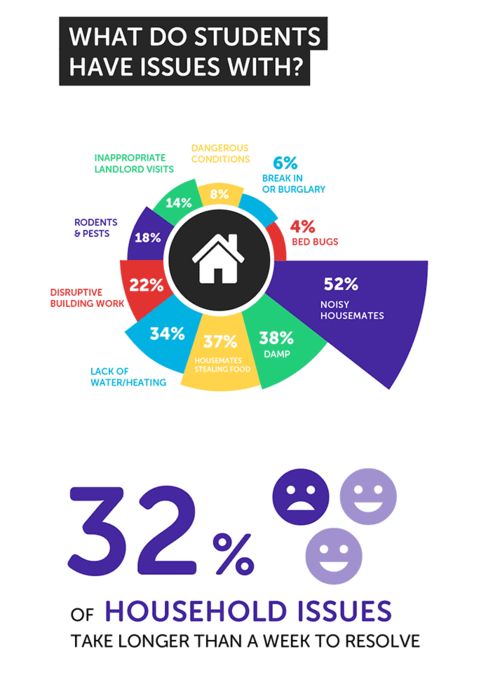
Understanding Spider Bites

Spider bites can be a cause for concern, especially if you’re not sure how long it will take for the wound to heal. The healing time can vary widely depending on several factors, including the type of spider, the severity of the bite, and your personal immune response.
Types of Spider Bites

Not all spider bites are created equal. Some spiders, like the black widow and brown recluse, are known for their potentially dangerous venom. Others, like the house spider or the jumping spider, may cause discomfort but are generally not life-threatening.
Healing Time by Spider Type

| Spider Type | Typical Healing Time |
|---|---|
| House Spider | 1-3 days |
| Jumping Spider | 2-5 days |
| Black Widow | 3-10 days |
| Brown Recluse | 7-10 days |
Factors Affecting Healing Time
While the type of spider can give you a general idea of how long it might take for a bite to heal, other factors can influence the process. Here are some key considerations:
-
Severity of the Bite: A more severe bite may take longer to heal than a mild one.
-
Age and Health: Young children, the elderly, and individuals with compromised immune systems may experience slower healing times.
-
Location of the Bite: Bites on extremities, like the hands or feet, may heal more slowly due to reduced blood flow.
-
Personal Hygiene: Keeping the bite clean and dry can help prevent infection and speed up healing.
Symptoms to Watch For
While most spider bites heal without complications, it’s important to be aware of potential symptoms that may indicate a more serious condition. These include:
-
Severe Pain: If the pain is intense or worsening, seek medical attention.
-
Swelling: Significant swelling beyond the bite area may be a sign of infection or a severe allergic reaction.
-
Redness: Prolonged redness or a spreading rash may indicate an infection.
-
Difficulty Breathing: If you experience difficulty breathing, seek immediate medical attention, as this could be a sign of a severe allergic reaction.
Home Remedies and Prevention
While there’s no guaranteed way to prevent spider bites, there are some steps you can take to reduce your risk:
-
Keep Your Home Clean: Spiders are attracted to clutter and food sources. Regularly vacuuming, dusting, and decluttering can help reduce their presence.
-
Seal Entry Points: Check for gaps around windows, doors, and other openings where spiders might enter your home.
-
Use Bug Repellents: Applying insect repellents can help deter spiders from entering your living space.
-
Wear Protective Clothing: When working in areas where spiders may be present, such as in the yard or garden, wear long sleeves and pants to minimize exposure.
Remember, while most spider bites are not life-threatening, it’s always better to err on the side of caution. If you’re unsure about the severity of a spider bite or if you experience any of the symptoms mentioned above, don’t hesitate to seek medical attention.







